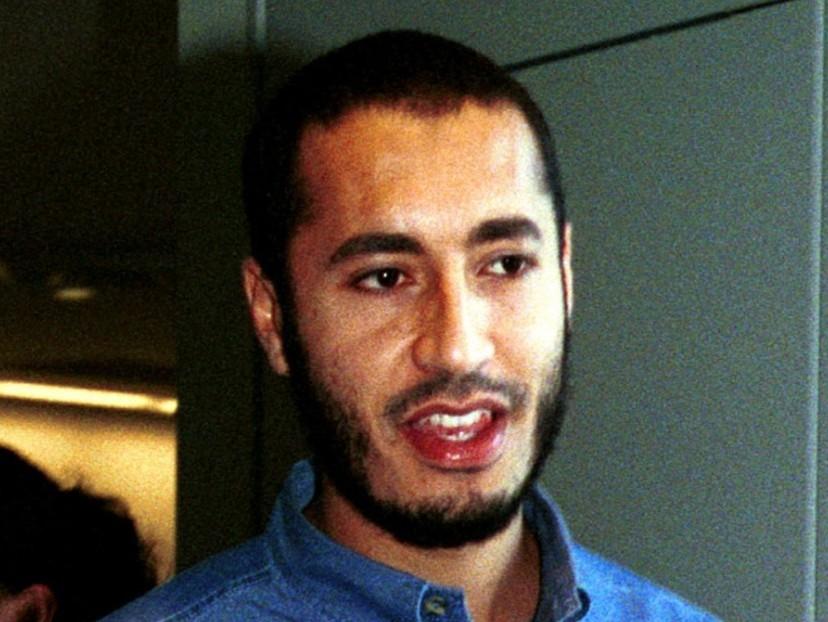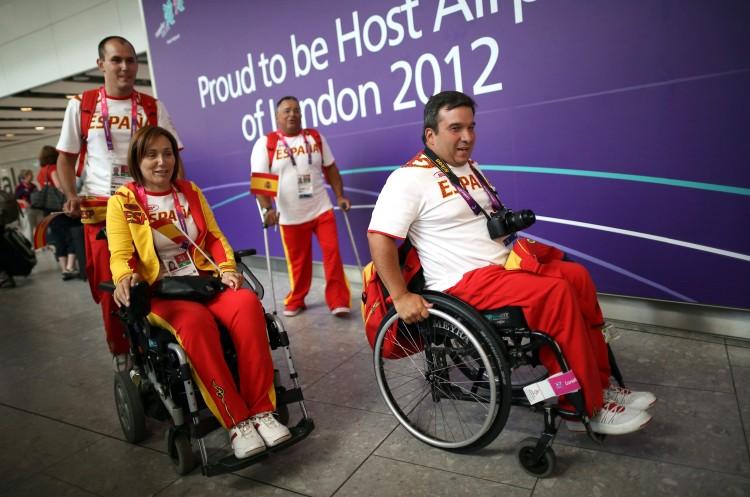Problems and Possibilities in Post-Gadhafi Libya
Two different developments have put the fallout from the Libyan revolution in the spotlight over the past week.

Saadi, son of former Libyan leader Moammar Gadhafi. Salah Malkawi/ Getty Images
|Updated:





